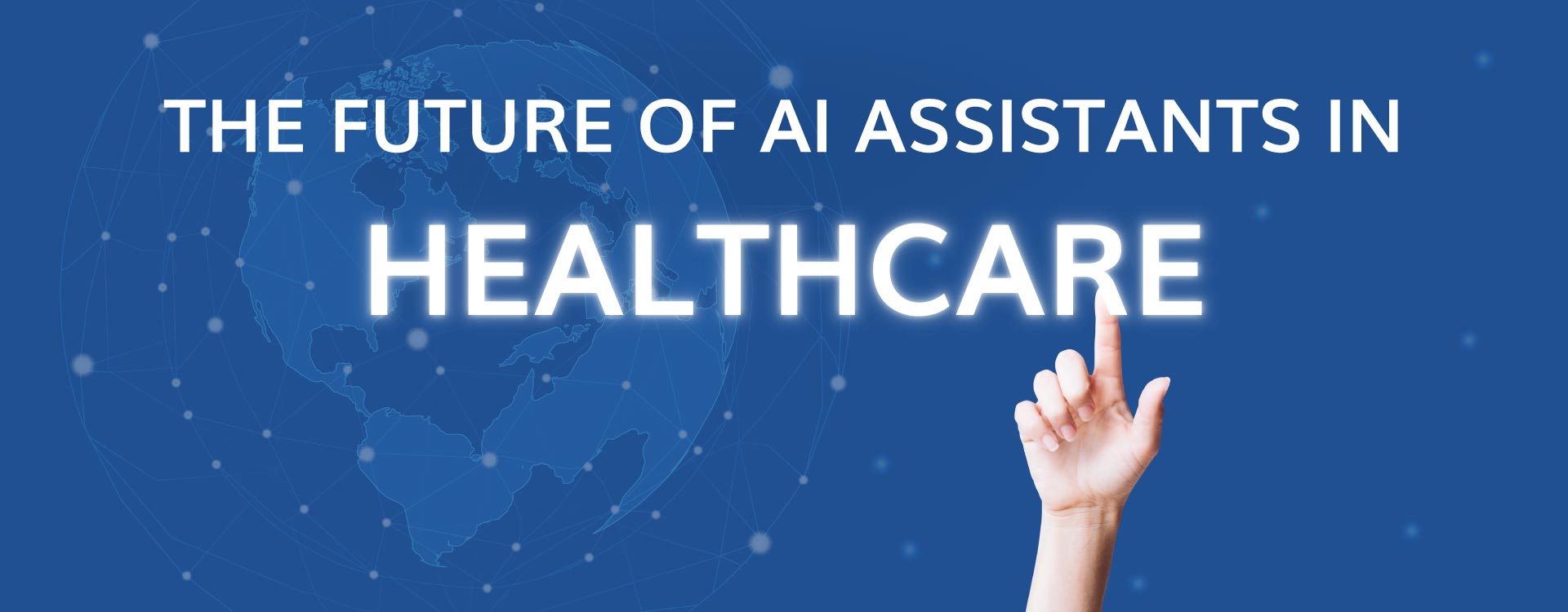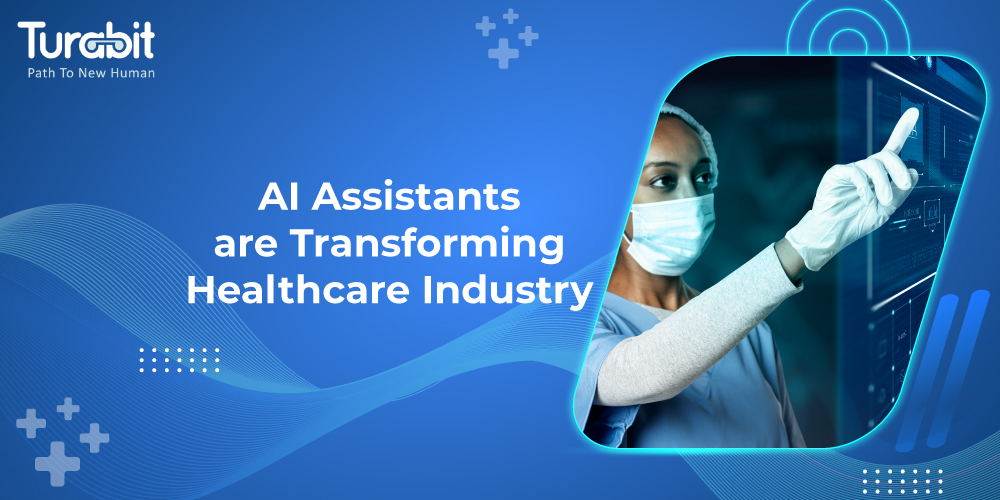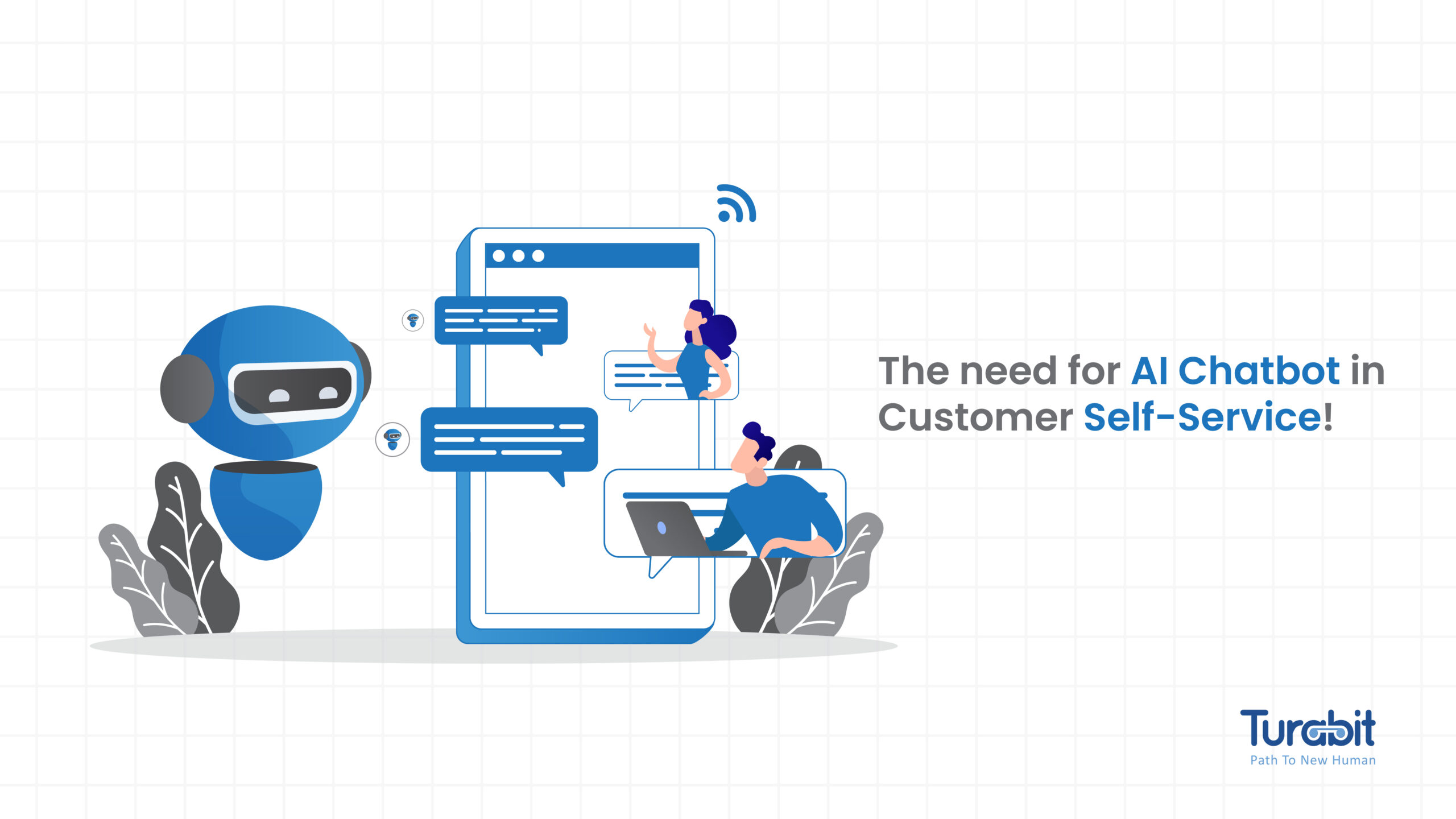Health intelligent virtual assistants or medical virtual assistants, as some are calling them, are the culmination of several AI technologies like machine learning, natural language processing, big data, and voice recognition, to name a few. While the healthcare industry is generally known for its sluggishness in adopting new technology, there’s no denying the interest in AI and the anxiety caused by the disruption that comes with it. AI and Medical Virtual Assistants (MVA’s) are expected to drive the next great wave of medical innovation, and it isn’t hard to see why, both from the perspective of a patient and doctors and healthcare staff.

Transforming the patient experience
Let us look at the general situation in the world today, with hospitals overrun with patients and most countries gearing up in anticipation of a 3rd wave of the pandemic. In addition to navigating through a slew of electronic health forms, records, and reports, patients are often still required to refer to indecipherable handwritten prescriptions and diagnosis reports. Then there’s the post-treatment experience which involves dealing with insurance policies, getting the proper post-op care, and most importantly, getting the correct answers to your questions.
This is where the AI-powered virtual assistants shine since they’re versatile enough to cover many roles ranging from a receptionist to a virtual nurse responding to simple medical queries. Like the AI virtual assistants that we’re seeing being adopted and integrated into almost every industry workflow across the enterprise, Healthcare virtual assistants are good at engaging patients and helping them better manage their healthcare. This includes making it faster and easier to schedule appointments, better access to healthcare and hospital triage, and most importantly, 24/7 virtual health assistance.
AI Assistants and mental health
In addition to being used for computerized infection detection, NLP-powered CDS (clinical decision support) is also used for diagnosis and symptom checking. Unlike the closed-loop chatbots of the past, modern Healthcare virtual assistants leverage AI and NLP to use unstructured data to provide valuable insight into the patient experience. This includes analyzing post-care survey feedback forms, online reviews, and social media posts about the patient experience.
These benchmarks could be in the form of a wellness or stress score that could be calculated based on several factors, including the unstructured data sources mentioned above and an analysis of the patient’s voice or speech pattern.
This is especially useful when dealing with patients who have special needs or requirements like those dealing with mental health or substance abuse issues, for example. Mainly because it can be challenging to pick up on clues pertaining to mental health, primarily solely from structured medical reports. In such cases, both NLP and ML are used to mine unstructured data to find insights into patients at higher risk. These insights could include everything from the anxiety levels in the patient’s voice to social status, food security, or even financial status. Healthcare AI assistants also provide meaningful guidance, including recommending sleep, cooldowns, exercise, and dietary suggestions.

Use cases in healthcare
The Healthcare Assistant provides healthcare professionals with a fully automated experience to address repetitive, time-consuming tasks. In the healthcare industry, patient care and Triage are important aspects wherein the application will provide accessible counseling round the clock and make sure their medical history is well maintained. Patients can now reach for assistance round the clock with the help of Virtual Health assistance. This means the application enables patients’ healthcare at hand reach. The application takes care of scheduling appointments to patient medical records. It also, at the same time, be ready to answer questions for patients 24/7 to billings & registrations. It helps complete an end-to-end cycle a patient has in times of need.
The virtual assistant not only caters to patients however builds a reliable technology-based infrastructure. The application will immensely reduce patient’s waiting time. It makes sure that patient history is error-free. Patients and healthcare professionals lose precious time and effort to maintain health records, registrations, and billing details. The applications cut short the time tremendously and make it easier for the patient. All in all, patient satisfaction level increases.

The future of AI Assistants in healthcare
When it comes down to the actual long-term potential of AI in healthcare, many people believe we haven’t even scratched the surface yet. The possibilities are endless, from counseling and handing out medical advice to gathering insights from unstructured data to robotic-assisted surgeries. Unlike human surgeons, robots are extremely precise and can work tirelessly around the clock with absolutely no room for error. Additionally, AI assistants can tirelessly post essential reminders to patients as well as queries to screen their behavior or health.
Interestingly enough, one of the first chatbots created in 1966 was a psychotherapist named ELIZA, which successfully simulates an actual therapy session with a human. Conversational AI has evolved leaps and bounds since 1966, and the current use cases are infinite, to say the least. While the significant driving factor is without a doubt the savings in cost and infrastructure, from a patient’s point of view, it’s all about using the technology to understand their conditions better and deal with their symptoms. This comes from gaining more knowledge and keeping a better track of their conditions through AI-powered virtual assistance.
In conclusion, AI and ML tools can revolutionize the healthcare industry, much like it currently impacts every sector across the enterprise. While this may have significant healthcare providers scrambling to get up to speed, it’s good news for patients and everyday users who will now be able to leverage the power of AI to improve health and help treat diseases.





